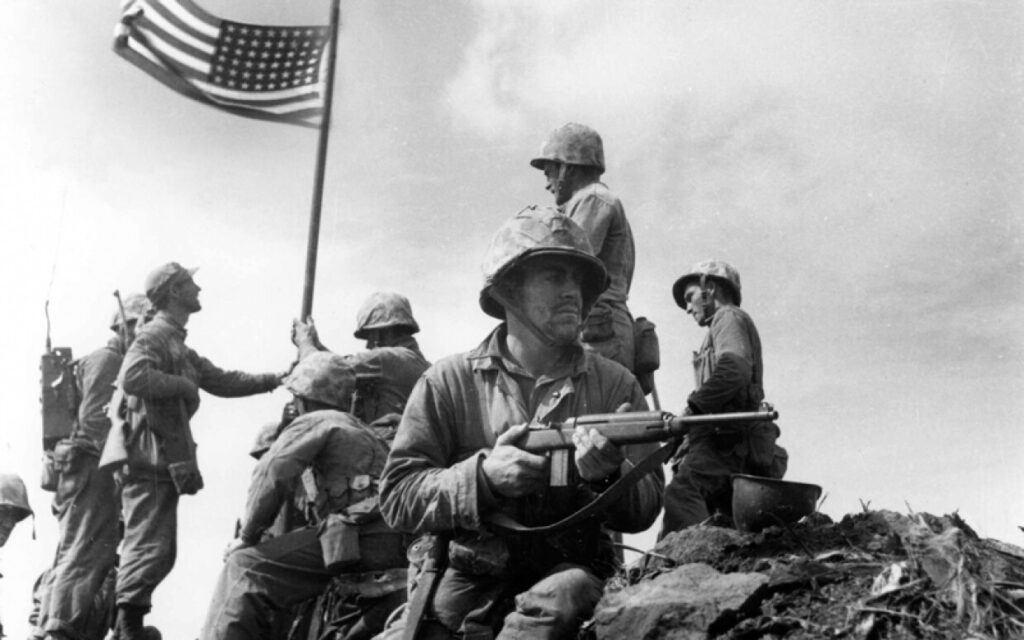In any world, war is seen as a plague—a stain on humanity’s past and a grim reminder of our capacity for destruction. It is devastating and often inescapable for the wider public. War is never justified because it leads to horrible outcomes: immense human suffering, widespread destruction, and long-term socio-economic uncertainty.
Every war in human history has been devastating to at least one side, and this has been a perpetual outcome of conflict. Losses like these are acts of human atrocity and demonstrate the ruthlessness of armies over time.
Outcomes that lead to suffering are often accompanied by deaths. A perfect example is the crushing defeat of the Romans at Cannae, which resulted in 50,000 to 70,000 Roman deaths. In more recent history, the Battle of Stalingrad in World War II led to roughly two million casualties on both sides. In both ancient and modern history, war consistently brings about significant human suffering and loss of life.
In the pursuit of war, rapid militarisation and technological advancement are employed on both sides. Such occurrences lead to not only destruction for the enemy, but also for the environment. For one, rapid industrialisation and militarisation often end in large ecological deaths around the area where factories are built.
In addition, certain advancements in technology are particularly dangerous for the environment. A glaring example are the atomic and hydrogen bombs, which are infamous for their destructive power. However, a lesser known and equally destructive chemical was created – Agent Orange.
Agent Orange was made by the U.S. Military during the war against the Vietcong during the Cold War. This chemical was specifically formulated to kill thousands upon thousands of crops, wildlife, and plants across the Vietnamese landscape. Agent Orange’s effects still persist to this day due to its lifespan.
Humanity will often go to extremes in pursuit of victory. As such, we will often overlook the consequences of waging war to reach that victory.
Subsequently, when students are taught about the consequences of war, one of the things they learn is the socio-economic effects of the war on certain parties. War is expensive. It is expensive to produce weapons, transport resources, and train soldiers. The longer a war wages on, the longer the effect on the community and its economy
An excellent example of this is the defeat of Germany in World War One. After the Treaty of Versailles was put into place, the country suffered major economic losses. One such clause of the treaty stated that Germany had to give up 13% of its land, including the militarily important Rhineland. Additionally, Germany was the only country that had to pay reparations after the war. The reparational bill came to roughly 33 billion dollars. Germany, like most other nations, didn’t have that much money and fell into economic disrepair.
Another clause within the treaty stated that the Germans were not allowed to have an air force or any sort of aerial combat. During the First World War, the Allies realised how important aircraft were in wartime. Completely banning the Germans from having an air force stripped them of the ability to spy, conduct air raids, or bypass defences on the ground.
As stated in Oversimplified’s video on World War Two, “Any Englishman withheld the right to pick any German they wanted and spank them in public. I made that up, but it helps you understand how this all felt to the Germans.” The rapid demilitarisation and humiliation of the Germans prior to Hitler’s rise to power show just how unstable a country can get after a war. Such humiliation often only spirals into more fighting, whether intended or not.
War is a terrible event that causes a lot of damage and pain, showing some of the worst aspects of human behaviour and history. Human suffering, environmental destruction, and long-term economic problems remind us of how bad conflict can be. From ancient battles like Cannae to modern issues like the damage caused by Agent Orange, war always leads to huge losses and harm that can’t be undone. The economic impact is also very serious, as shown in Germany after World War One, where the country faced financial ruin and instability due to reparations and disarmament. War often makes people focus only on winning, ignoring the lasting negative effects. By learning about these impacts, we can aim for a future where conflicts are avoided and peace and well-being are more important.
About the Author

John is a 10th grader from Melbourne, Australia.
He likes to play games, socialise and sing. He dislikes sad stories and bad food.
His ambitions include writing and publishing songs, writing a short novel, learning to cook more, and getting into a course in the science field.

